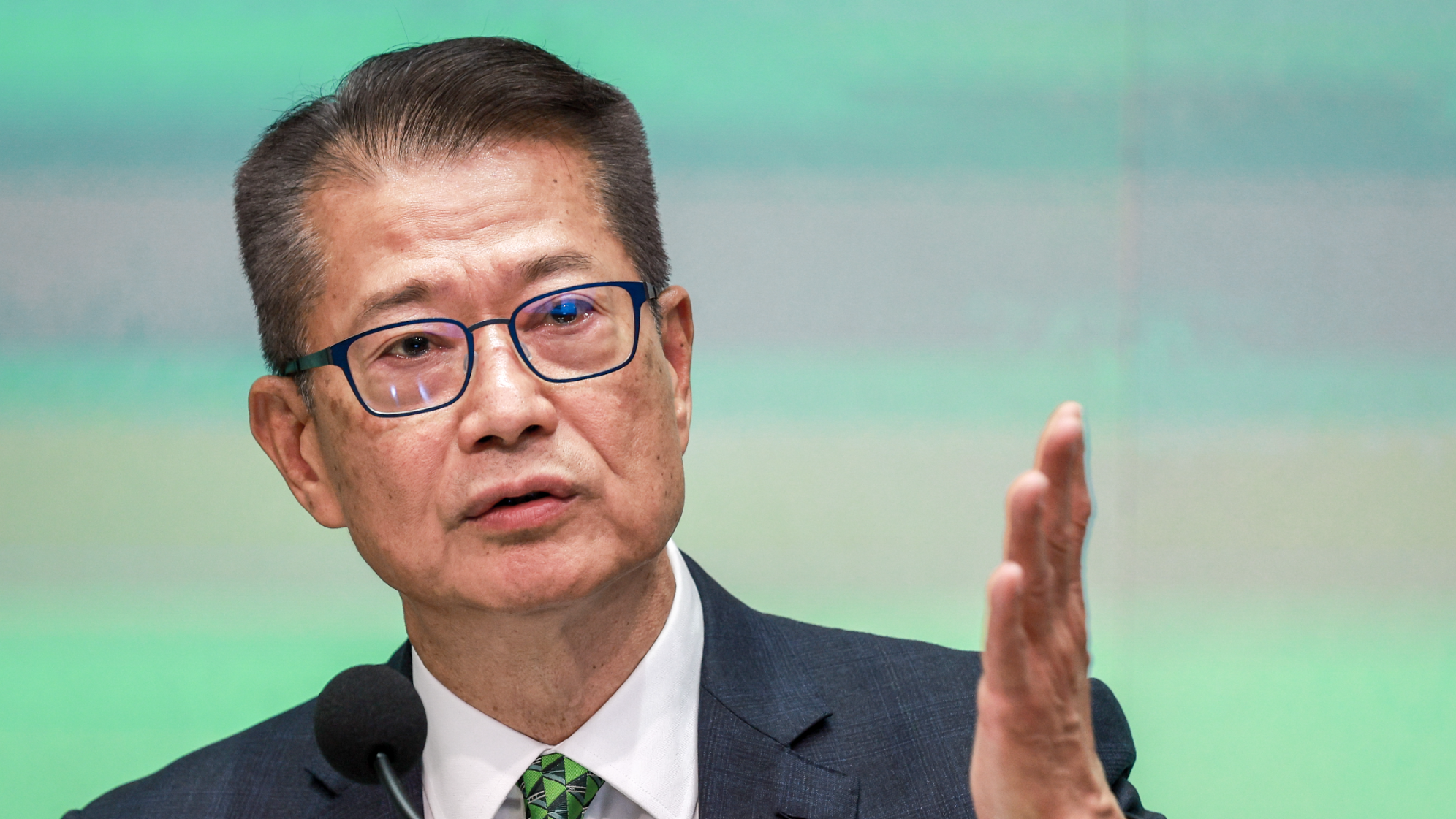
Hong Kong is stepping up efforts to broaden offshore renminbi investment and financing channels while facilitating cross-border capital flows, aimed at capitalizing on the currency’s growing clout on the international stage and cementing itself as a global financial powerhouse with a renminbi edge, Financial Secretary Paul Chan Mo-po said on Thursday.
Chan noted a growing global trend in which countries and regions are increasingly settling trade in their own currencies instead of relying on the US dollar. This shift, he said, has demonstrated clear use cases for the Chinese currency.
The rising appetite for offshore renminbi investment products arising from this trend, coupled with the growing need for tools to manage currency exchange and interest rate risks, presents opportunities for Hong Kong, the finance chief said, adding that “this is where (the city) can come into play”.
READ MORE: HK to lure capital flows as offshore yuan business progresses
Chan’s remarks followed Hong Kong Chief Executive John Lee Ka-chiu’s fourth Policy Address on Wednesday, where he outlined measures to enhance the liquidity and global reach of the offshore renminbi market in Hong Kong, positioning it as part of a broader push to consolidate the city’s status as an international hub.
Lee said the Hong Kong Monetary Authority (HKMA) will introduce an RMB Business Facility under its Currency Swap Agreement with the People’s Bank of China (PBOC), which is expected to provide longer-term renminbi financing to enterprises for trade, daily operation and capital expenditure. The HKMA will also explore ways to diversify cross-border funding channels, so as to provide stable and relatively low-cost renminbi liquidity for the market.
Moreover, the Hong Kong Special Administrative Region government will issue more renminbi bonds and explore the use of renminbi for government expenditures. Officials suggested that proceeds from renminbi bonds could be used to pay interest or finance public spending, such as funding civil servants’ exchanges on the Chinese mainland or paying for procurement from mainland suppliers.
“One of our objectives, which has been spelled out in the Policy Address, is developing Hong Kong as an international financial center with RMB strength,” Chan said.
He described the use of renminbi for payment in some cases as a “natural” step, as many of the supplies the SAR needs come from the mainland.
Regarding the cross-border flow of renminbi, Chan told China Daily that “we welcome mainland people coming to Hong Kong to buy property or do investment”, and this benefits Hong Kong’s financial and real estate markets. But the amount of capital they can bring over requires discussions with mainland authorities, he said, emphasizing the importance of a holistic approach to ensure the inflow of renminbi is “orderly and safe”.
READ MORE: HKMA: Strategies to develop a deep offshore RMB market
Amid discussions on easing restrictions for mainland residents moving capital to Hong Kong for property purchases, Chan said in late July that the SAR government is working with the central government to explore the possibility of relaxing these curbs within a suitable scope, while preventing capital outflows.
Tan Yueheng, a Hong Kong lawmaker, called for expansion of the city’s offshore renminbi market. He suggested the development of more renminbi-denominated financial products, such as the establishment of a renminbi stablecoin ecosystem as well as promoting the use of digital renminbi in trade, e-commerce, and investment.
As the largest offshore renminbi business center globally, Hong Kong has a renminbi liquidity pool of around 1 trillion yuan ($140 billion), and offers a wide range of renminbi-denominated financial services, including clearing, settlement, financing, and asset management.
Contact the writer at irisli@chinadailyhk.com


